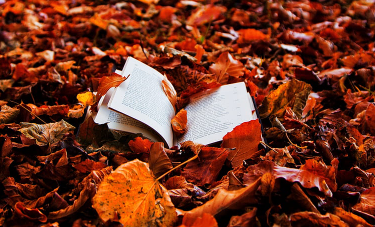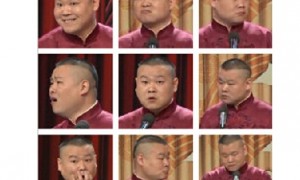这是英国玄学派代表诗人john donne的一首十四行诗,多恩长于各种出人意表的思考,将一般认为无法关联的两个事物联系在一起,表达自己的独特观点,最著名的当属《跳蚤》一诗。在本诗《死神莫骄傲》中,作者发挥了人们对于死亡的“休息、睡觉”的隐喻性联想,认为死神并不是一般认为的那样神通广大(当然这里也有一点基督教的死亡与永生的辩证),按照钱锺书先生的文论观点,这首诗在结尾时使用了冤亲词(paradox)的修辞方式。
Death Be Not Proud
死神,你莫骄傲
John Donne
约翰-多恩
Death be not proud, though some have called thee
死神,你莫骄傲,尽管有人说你
Mighty and dreadful, for, thou art not so,
如何强大,如何可怕,你并不是这样;
For, those, whom thou think'st, thou dost overthrow,

你以为你把谁谁谁打倒了,其实,
Die not, poor death, nor yet canst thou kill me;
可怜的死神,他们没死;你现在也还杀不死我。
From rest and sleep, which but thy pictures be,
休息、睡眠,这些不过是你的写照,
Much pleasure, then from thee, much more must flow,
既能给人享受,那你本人提供的一定更多;
And soonest our best men with thee do go,
我们最美好的人随你去得越早,
Rest of their bones, and soul's delivery.
越能早日获得身体的休息,灵魂的解脱。
Thou art slave to fate, chance, kings, and desperate men,
你是命运、机会、君主、亡命徒的奴隶,
And dost with poison, war, and sickness dwell,
你和毒药、战争、疾病同住在一起,
And poppy, or charms can make us sleep as well,
罂粟和咒符和你的打击相比,同样,
And better than thy stroak;why swell'st thou then?
甚至更能催我入睡;那你何必趾高气扬呢?
One short sleep past, we wake eternally,
睡了一小觉之后,我们便永远觉醒了,
And death shall be no more; Death, thou shalt die.
再也不会有死亡,你死神也将死去。







